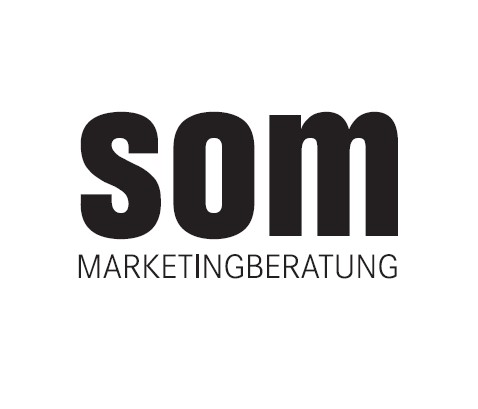Toyota considering diesel hybrid production
There is quite a debate going on about what is more efficient: a high-tech diesel engine such as BMW produces them, or the Hybrid solution in cars such as the Lexus RX. Fact is, and that has long been and supposedly still is, that any hybrid system can only be as good as the petrol engine it supports.
According to the Wirtschaftswoche, Toyota is thinking about introducing dieselhybrids. With the very efficient diesel engines up to 20% gas could be saved compared to petrol engine hybrids. The negative side: diesel engines with their high pressure injection are far more expensive in their production costs. paired with the complex hybrid system, such a vehicle could end up being several thousand Euro more expensive than with a petrol engine. However, there is significant movement in this direction – Peugeot, Bmw and VW have just presented diesel hybrids at the IAA in Frankfurt.
Just by doing the maths, the outcome looks promising: take a 320d with around 5l/100km and add a hybrid to it. Surely it would add some 200 kg of weight but in total this might reduce gas consumption even further. But as with all hybrids, the efficiency depends on where you drive. Hybrids even increase gas consumption when driving outside the city…

